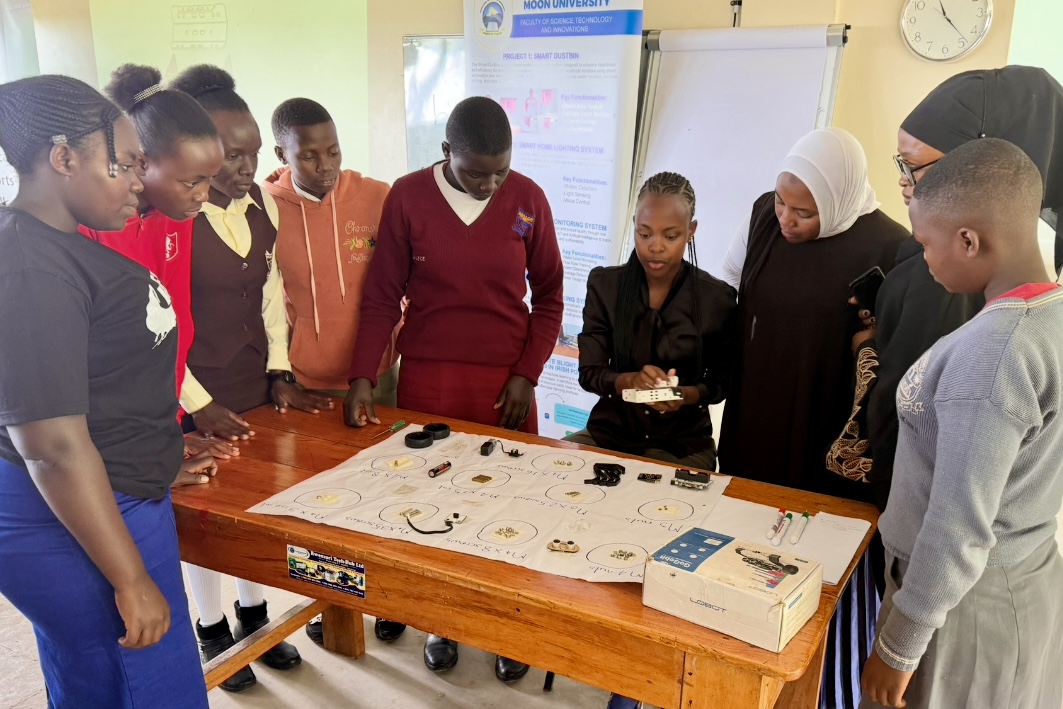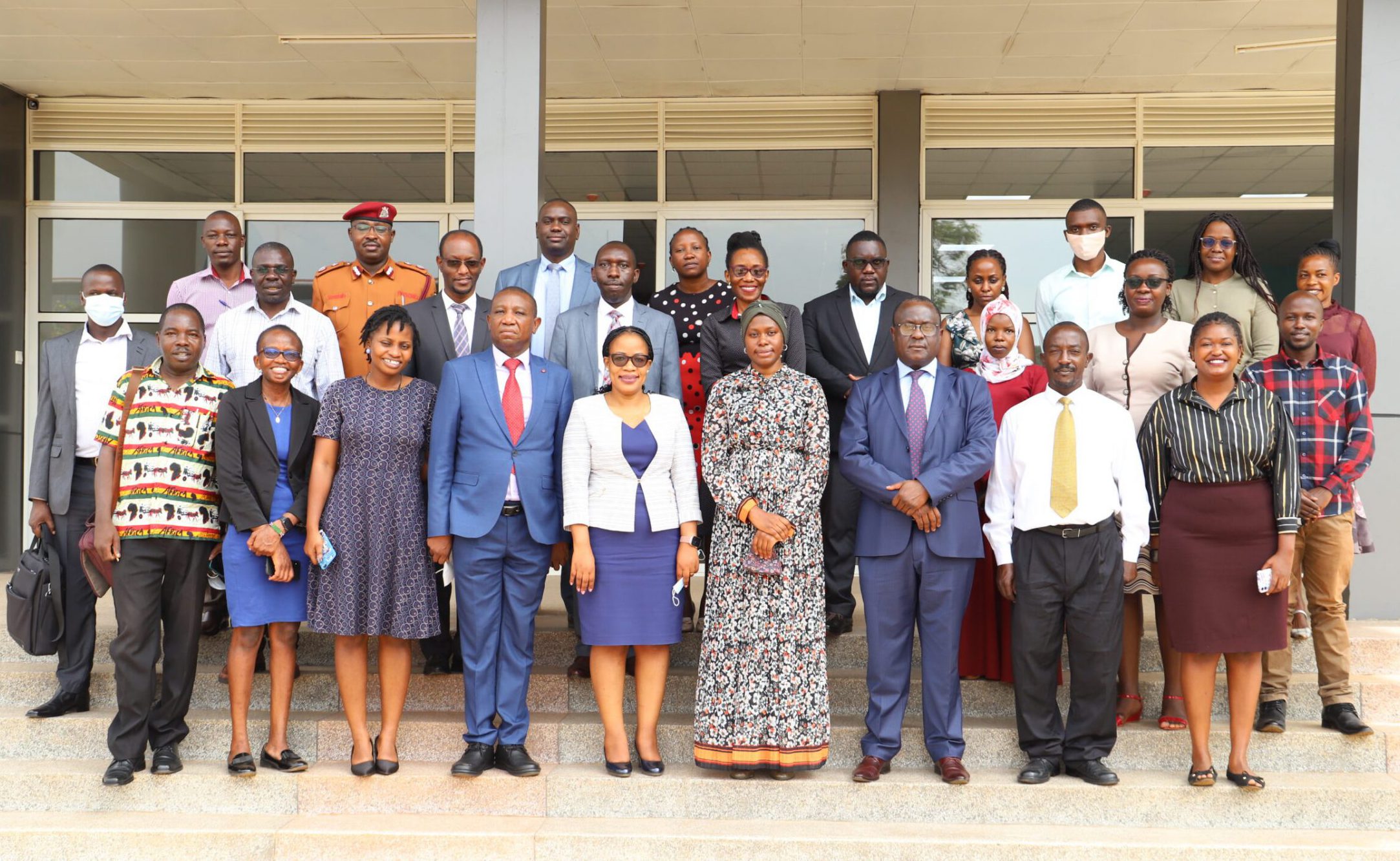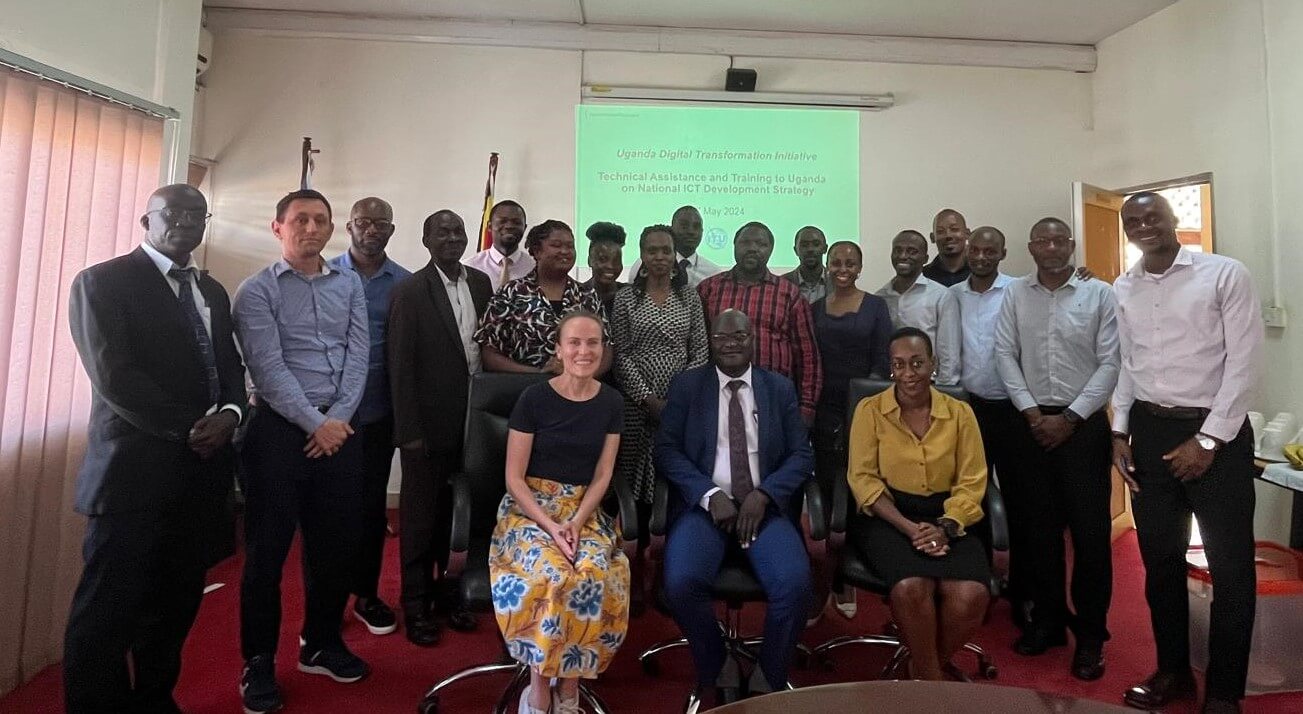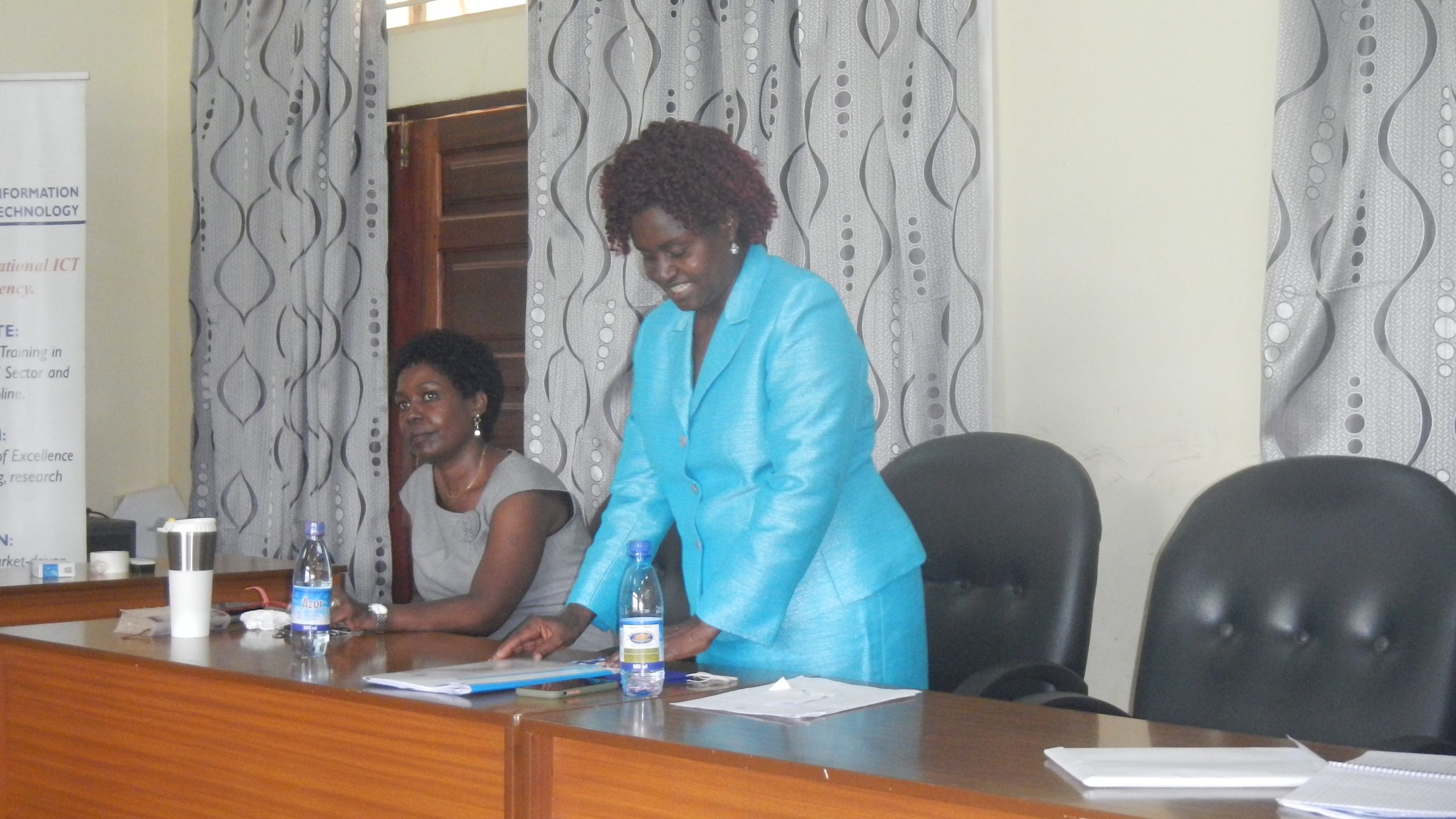The Ministry of ICT and National Guidance, in partnership with UN Women, the Ministry of Gender, Labour and Social Development, and the Ministry of Education and Sports, supported the African Girls Can Code Initiative (AGCCI), a programme aimed at equipping young women with digital and coding skills to prepare them for careers in ICT and STEM fields.
From June 15th to 25th, 2025, Mountains of the Moon University in Fort Portal hosted a residential coding camp for 60 girls aged 17 to 25 from secondary schools in Kabarole, Fort Portal, and Bunyangabu districts. The camp formed part of the third phase of AGCCI in Uganda, following successful implementations in the Northern, Karamoja, and Eastern regions.
With support from GIZ, the initiative addressed the gender digital divide by creating opportunities for girls to gain practical experience in digital literacy, programming, and leadership. A coding hub was established at Kyebambe Girls Secondary School, equipped with 60 computers and essential ICT tools to support continued learning and mentorship.
Participants underwent an intensive 10-day training programme that covered computer science fundamentals, Scratch programming, HTML and CSS, the Internet of Things, and emerging digital trends. The training was facilitated by professionals from African Union–accredited institutions, Mountains of the Moon University, and Kyebambe Girls, many of whom served as inspiring female role models in the technology sector.
Purity Katusiime, IT Officer and focal point from the Ministry of ICT and National Guidance on the project, facilitated the robotics class and noted the positive impact of the training. “What I can say about the entire training is that girls have been inspired to take on STEM courses in their higher level of education, and many career paths have been guided into technology, building the digital gender divide step by step,” she said.
Speaking on behalf of all trainees, Rinah Kemyondo, a student from Mpanga Secondary School, shared her excitement and confidence after the training. “I gained knowledge in ICT, learnt how to code and create websites. I can go somewhere and teach others about what I have learnt,” she said.
AGCCI empowered girls from underserved communities by equipping them with in-demand skills, boosting their confidence, and positioning them for further studies or employment in digital fields. The camp included mentorship sessions, innovation projects, digital safety training, and leadership development activities. Participants showcased their projects in a final exhibition, demonstrating the skills and creativity they had developed.
By building digital competencies and encouraging innovation, AGCCI contributed to Uganda’s Vision 2040 and the global Sustainable Development Goals, particularly those focused on gender equality and quality education. The Ministry of ICT and National Guidance remains committed to supporting initiatives that drive inclusive digital transformation and empower the next generation of female tech leaders.
Jun 25, 2025
Empowering Uganda's Future Female Tech Leaders with Digital and Coding Skills
ICT
By Fiona Luboga

The author is a Communications Officer at the Ministry of ICT & National Guidance.


